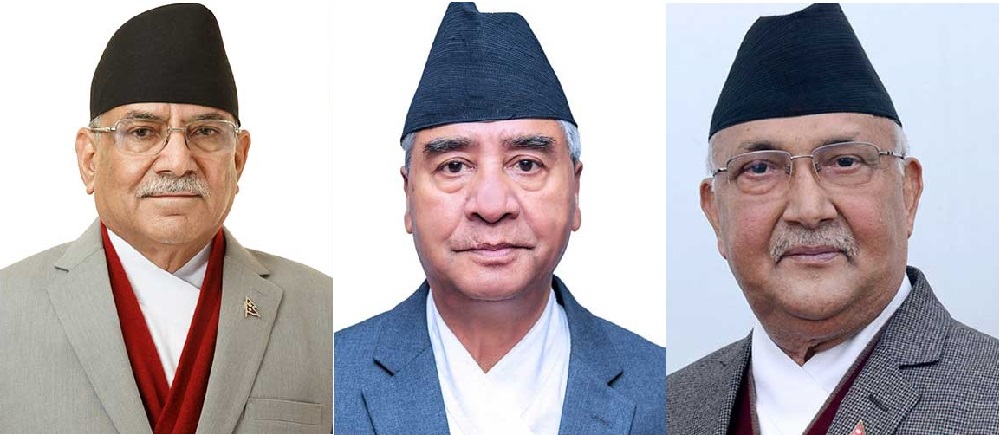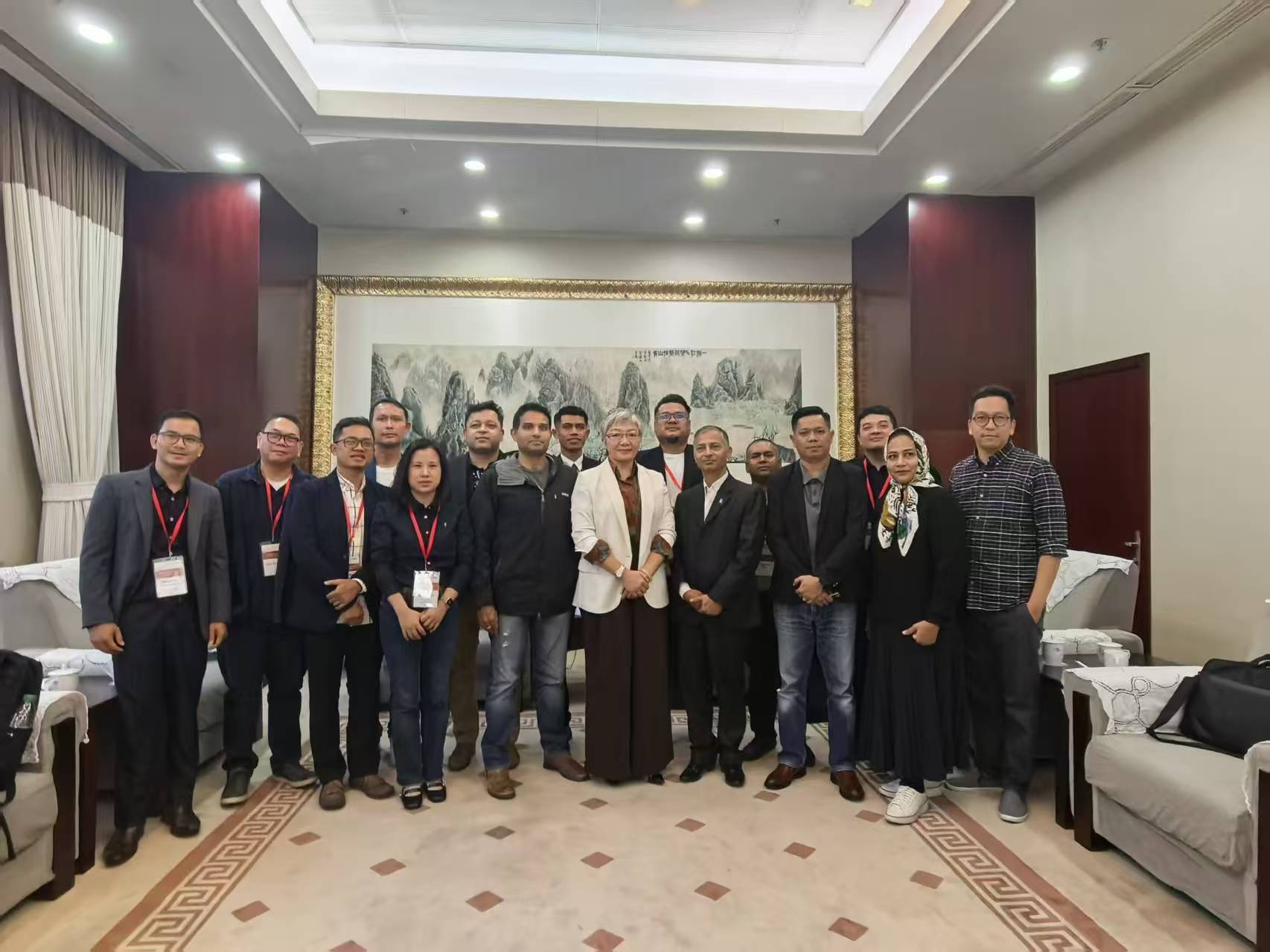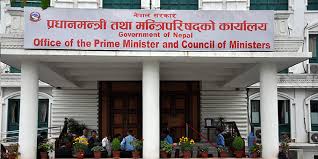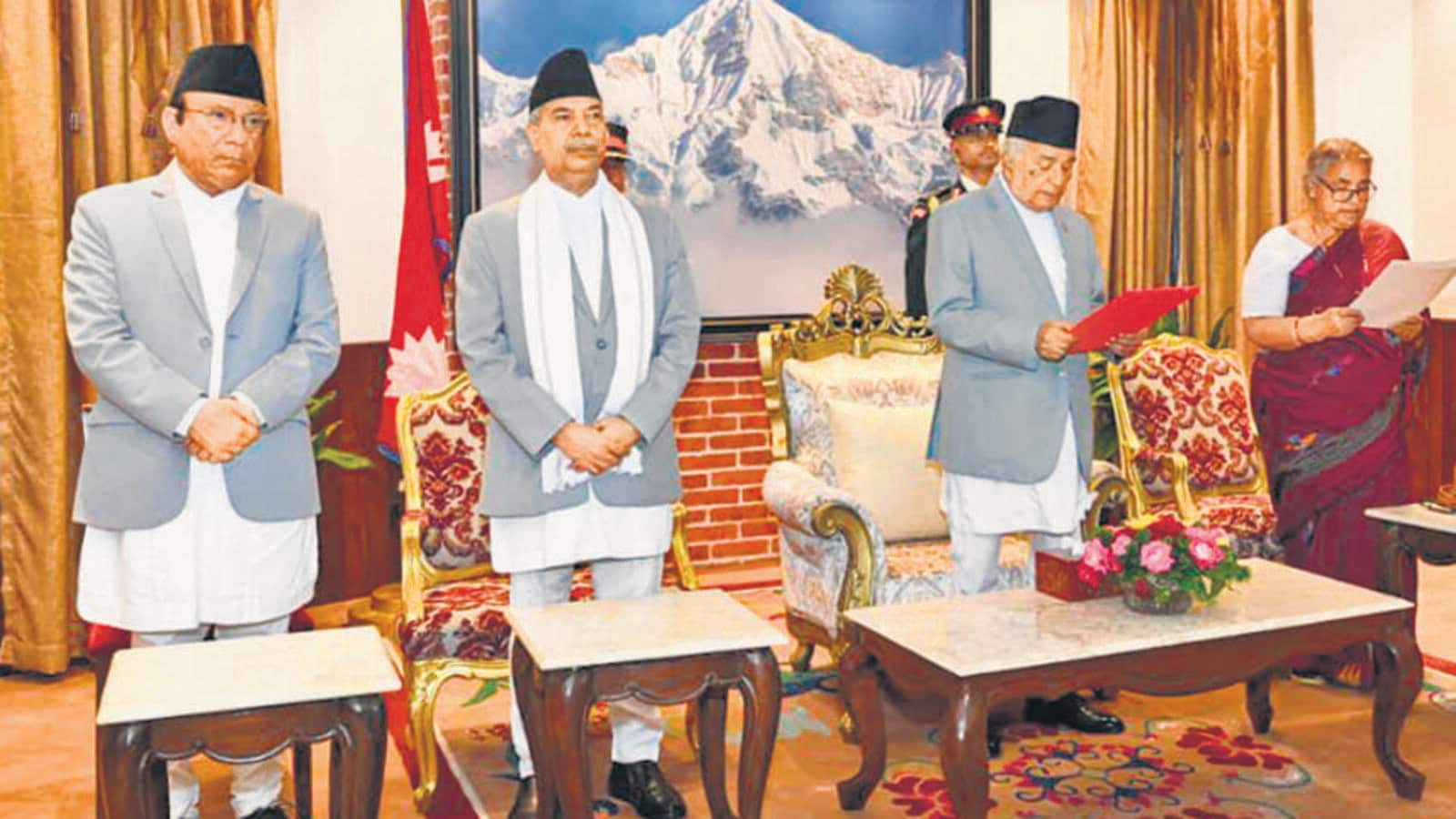
By Our Reporter
The government’s move to reintroduce a law allowing phone tapping after six years is a direct challenge to the constitutional right to privacy. The draft “National Intelligence and Investigation Bill,” now open for public feedback, gives sweeping powers to intelligence agencies to intercept and monitor private communications. While the bill frames this authority as necessary for national security, its vague provisions and reliance on the discretion of the Director General of Intelligence create serious risks of abuse.
The proposal closely mirrors the 2019 attempt under KP Sharma Oli’s premiership, which faced strong public resistance and was abandoned. That experience demonstrated that citizens viewed such surveillance powers as an unacceptable intrusion into their personal lives. The core concern remains unchanged: giving the state the legal authority to listen in on conversations undermines the very foundation of a democratic society, where people are entitled to speak freely without fear of being monitored.
Article 15 of the bill claims interception will only be authorized when no other means are available and when a delay could cause serious harm to the nation. Such clauses sound restrictive but are open to subjective interpretation. In practice, “serious harm” could be stretched to cover political dissent, journalism, or activism, which in many countries have historically been targeted under the guise of national security. The fact that the decision lies within a single office’s judgment, rather than requiring judicial approval, strips away a vital safeguard.
The bill also empowers the National Investigation Department to link its computer database with other agencies and gain read-only access to sensitive information. This cross-agency data sharing, without independent oversight, expands the surveillance net even further. Telecom companies and business operators can be compelled to cooperate, effectively making private entities part of the state’s monitoring machinery.
Reintroducing this bill risks normalizing surveillance as a routine tool of governance. Once such laws are in place, they rarely remain limited to their original intent. Over time, they tend to expand in scope and application, often targeting individuals and groups for reasons unrelated to genuine threats. In a country like Nepal, where political rivalries are intense and institutions are not immune to pressure, the potential for misuse is significant.
The government’s renewed attempt to pass this legislation signals a troubling disregard for public sentiment expressed in 2019. Privacy is a constitutional guarantee, and weakening it in the name of security can erode trust between citizens and the state. If the government is sincere about protecting national security, it should focus on strengthening intelligence capacity within the bounds of law, not by legalizing mass intrusion into private life.


















Comments:
Leave a Reply